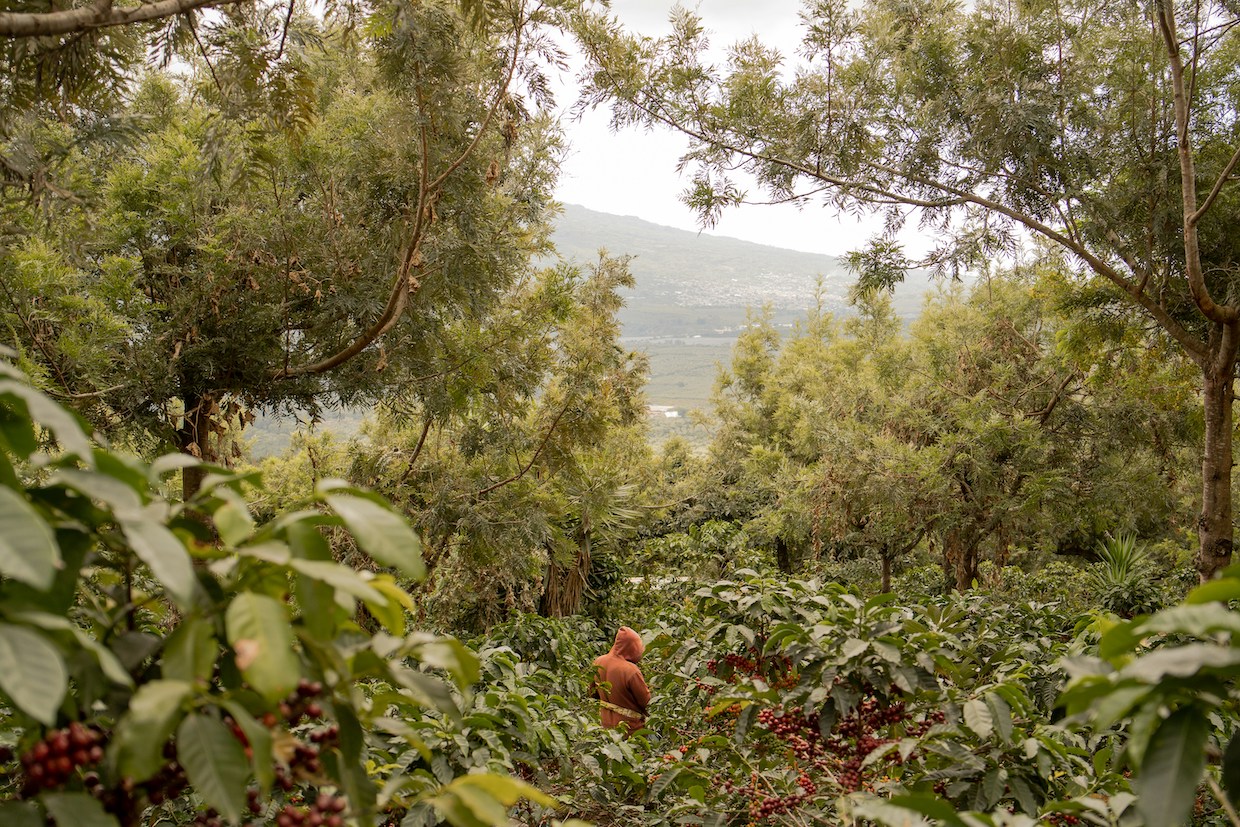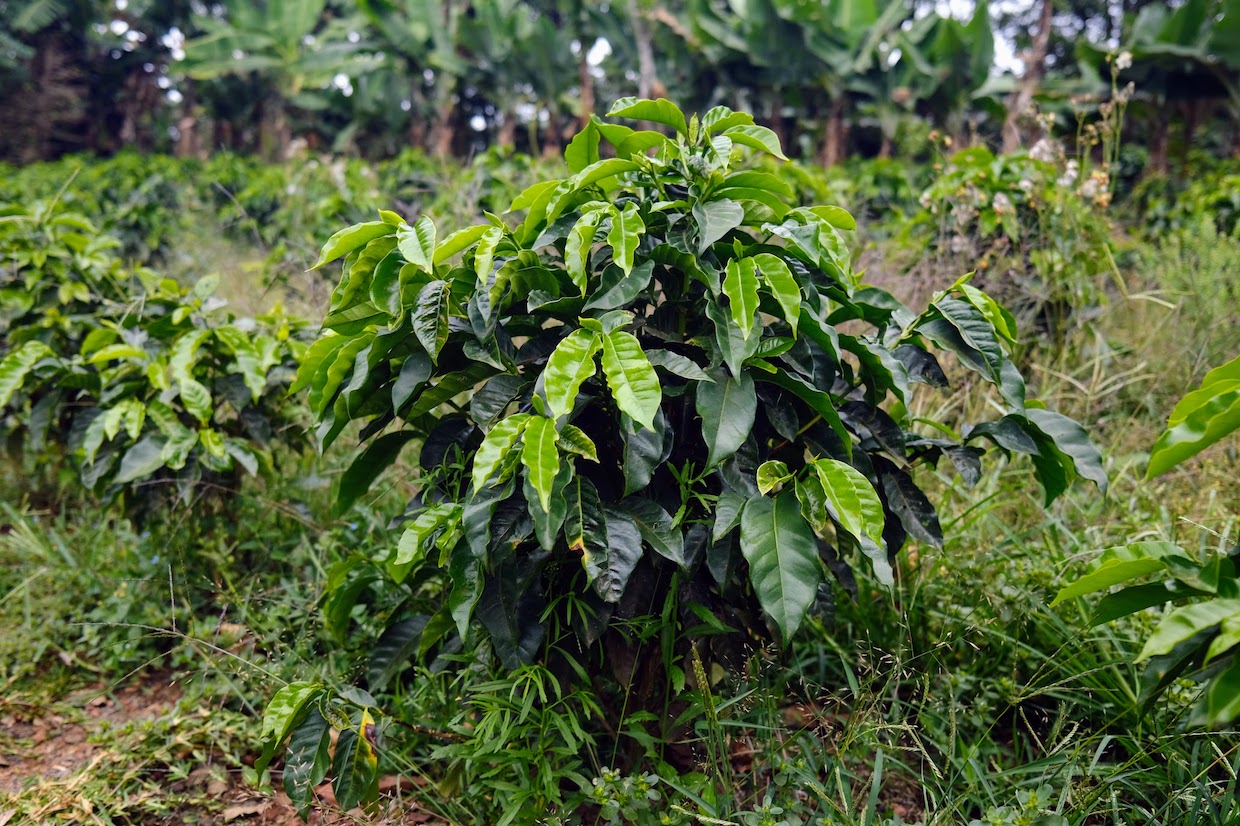Fairtrade International is planning a sweeping overhaul of the standards that govern Fairtrade-certified coffee and other crops.
The multi-year project will likely reshape how millions of farmers, workers and buyers engage with the system, which is designed to support smallholder farmer livelihoods through ethical consumerism.
The Germany-based nonprofit says it is revising all generic standards — for small-scale producer organizations, hired-labor organizations and traders — along with product standards for agricultural commodities, including coffee.
The new “evolved” standards are slated for publication in 2027, with certification against them expected to begin by 2028, following a full public consultation in 2026.
“We know the world is shifting, we see the pressure farmers and companies are under, and we will be there supporting them with evolved standards that meet their practical needs as well as the requirements for a trade system that is fair and just,” Fairtrade International Interim CEO Marike Runneboom de Peña said in an announcement shared with DCN.
The standards process will involve Fairtrade’s three regional producer networks (Latin America, Africa/Middle East and Asia), its 25 national marketing organizations and Flocert, the independent certifier of Fairtrade.
Coffee in Fairtrade
Coffee is one of Fairtrade’s original and largest products. Earlier this year, the organization reported that producer organizations harvested about 578,000 metric tons of Fairtrade coffee in 2023, with nearly 775,000 coffee farmers in the system. Approximately half of that volume was also organic-certified. In 2023, producer cooperatives took in €82.4 million ($95.4 million) in Fairtrade premiums.
However, only part of the certified volume is sold with the Fairtrade minimum price and premium attached. The 2025 report noted that certified cooperatives sold, on average, 35% of their coffee on Fairtrade terms in 2023.
Fairtrade’s standards overhaul comes as other coffee-focused schemes have updated their own frameworks to meet changing market and regulatory conditions.
The Rainforest Alliance introduced a unified 2020 Certification Program after merging with UTZ, with a revision that followed this year. The Global Coffee Platform in 2021 released a new Coffee Sustainability Reference Code as a shared baseline for sustainable coffee production.
Comments? Questions? News to share? Contact DCN’s editors here. For all the latest coffee industry news, subscribe to the DCN newsletter.
Related Posts
Nick Brown
Nick Brown is the editor of Daily Coffee News by Roast Magazine.








Comment